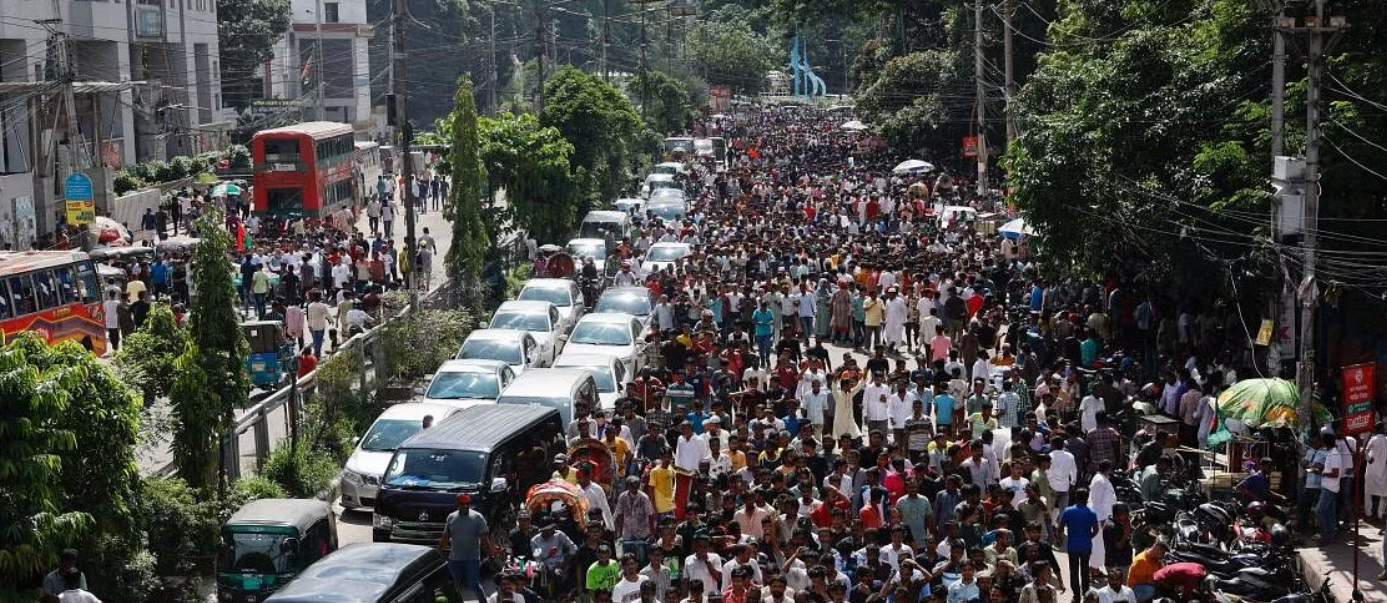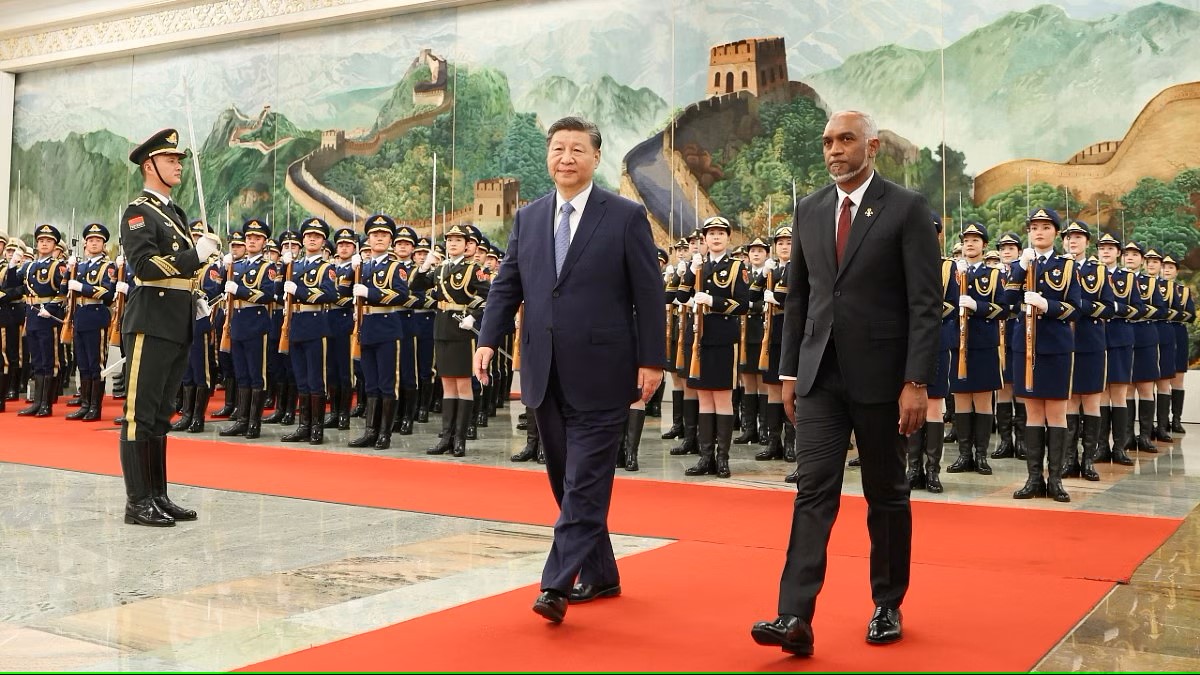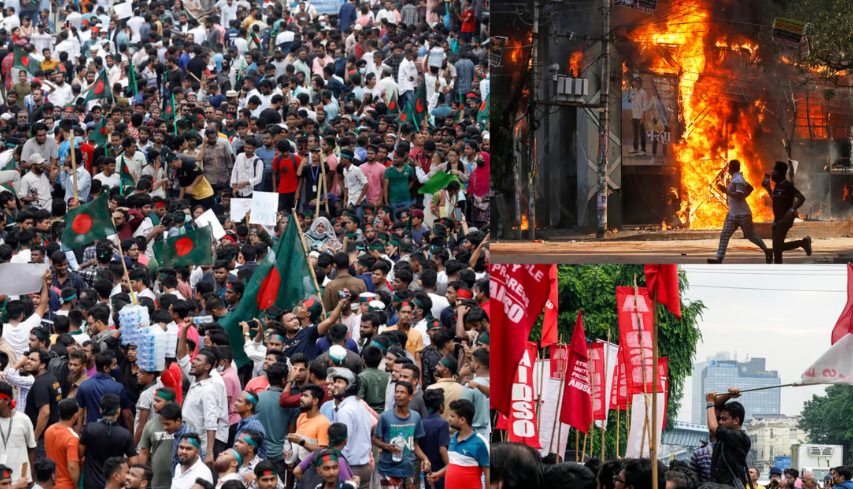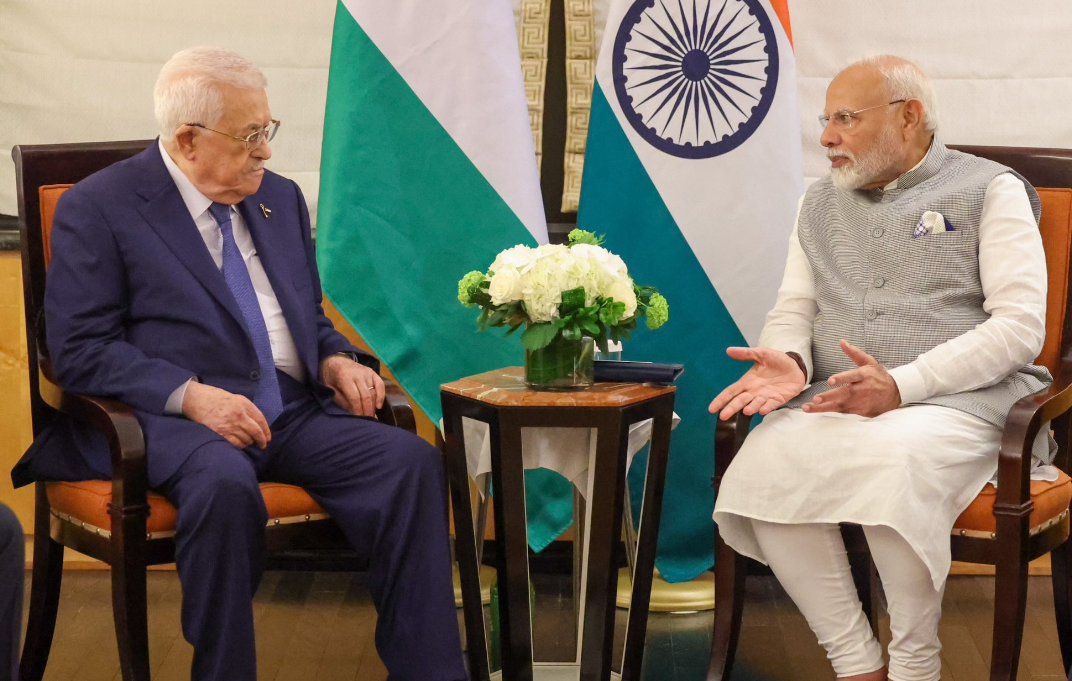The recent replacement of Bangladesh’s long-serving Prime Minister Sheikh Hasina by Nobel laureate Muhammad Yunus might seem like a positive change for a country edging towards authoritarianism. Hasina’s rule had become increasingly paranoid, even persecuting Yunus, celebrated globally for his contributions to rural development. While her departure was arguably overdue, the aftermath could bring more challenges.
It’s crucial to recognize that this isn’t merely a victory for the widespread, weeks-long protests ignited by students in Dhaka. As seen in Egypt during the late Arab Spring, where pro-democracy protests against an elected president led to military rule, the real force behind the change was an army eager to protect its privileges. Cairo is now less free and prosperous than it was a decade ago. Will Dhaka face a similar fate? Hasina was quickly ousted once the military switched sides: after 15 years in power, she reportedly had just 45 minutes to leave the city.
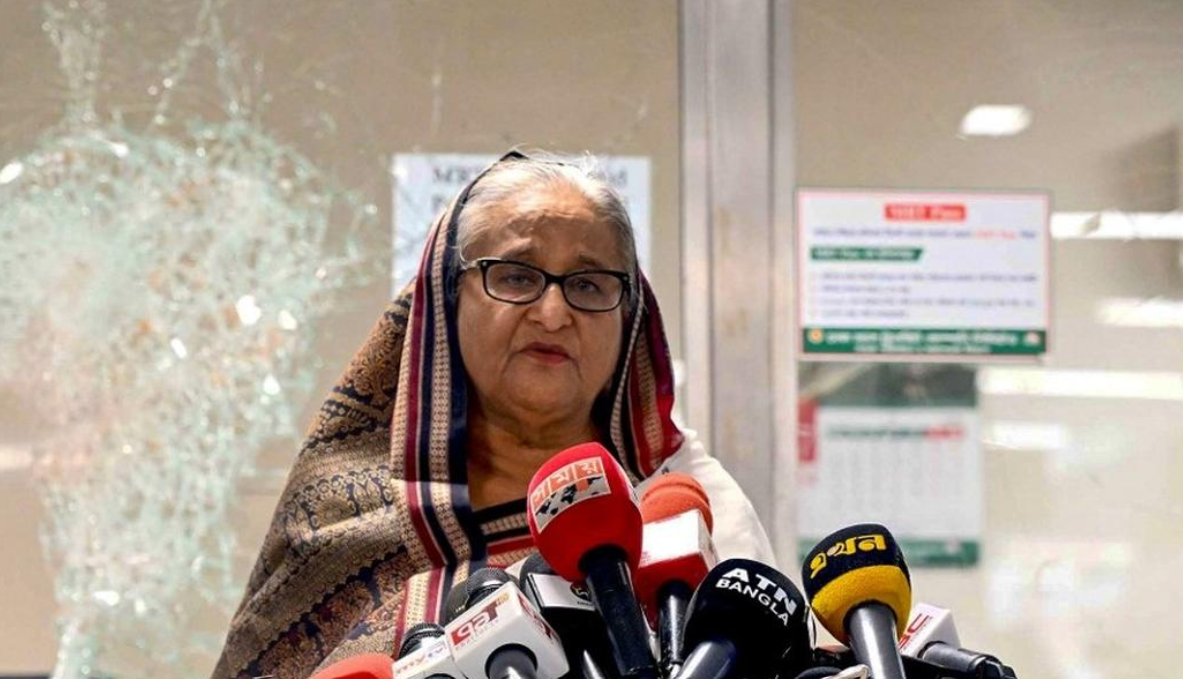
Although Yunus is popular, he lacks a political base to challenge the military. The only organized opposition in Bangladesh—mirroring Egypt’s scenario—is more Islamist. With Hasina gone and her party discredited, it seems these forces will vie for power. The student protest leaders reject this notion, but as seen in Cairo in 2013 or Tehran in 1979, protesters may not fully grasp the forces they’ve unleashed. Hasina’s exit was marred by attacks on the homes, businesses, and temples of the Hindu minority.
When the Bangladesh Nationalist Party (BNP) last ruled in the 2000s, the country became a source of cross-border terrorism. After Hasina’s election in 2009, she cracked down on militancy, leading to significant growth, development, and poverty reduction. Even Pakistani politicians noted the contrast with their country’s illiberal chaos.
Hasina’s personal history with Islamists, who collaborated with Pakistani colonizers and killed her father, kept Bangladesh from descending into a Pakistan-like maelstrom. Mujibur Rahman, Bangladesh’s first prime minister and Hasina’s father, is widely respected for leading the struggle against Pakistan before independence in 1971. However, Hasina’s increasingly oppressive rule may have tarnished his legacy.
This conflict is about more than history; it’s a battle of ideologies. Mujib and his movement are tied to Bengali nationalism, while his opponents align with political Islamism. This opposition defines and has disrupted Pakistan’s political landscape.
While Hasina’s downfall was expected, the lack of attention to Bangladesh’s situation is concerning. India and the West bear some responsibility. New Delhi’s close association with Hasina has made it appear as a dictator’s supporter rather than a proponent of democracy. The West, focused on labor rights, neglected broader democratic reforms.
Bangladesh’s stability has been taken for granted. The world’s third-largest Muslim-majority nation has avoided sectarianism partly due to strong Bengali cultural nationalism and its foundation in opposition to Pakistan. Following its traumatic independence from Pakistan, it faced severe starvation, prompting George Harrison to organize the first superstar charity concert. Today, the poverty rate is below 20 percent and continues to decline.
Hasina’s government took credit for these achievements, justifying their grip on power. However, this might have led Bangladeshis to undervalue these accomplishments. This would be a tragedy for Bangladesh and pose dangers for India, the West, and the world.
Bangladesh stands at a critical juncture with Sheikh Hasina’s exit. While the future is uncertain, the nation’s stability and progress hinge on navigating the political landscape carefully. The international community must remain vigilant and supportive to ensure Bangladesh continues on a path of growth and democracy.

